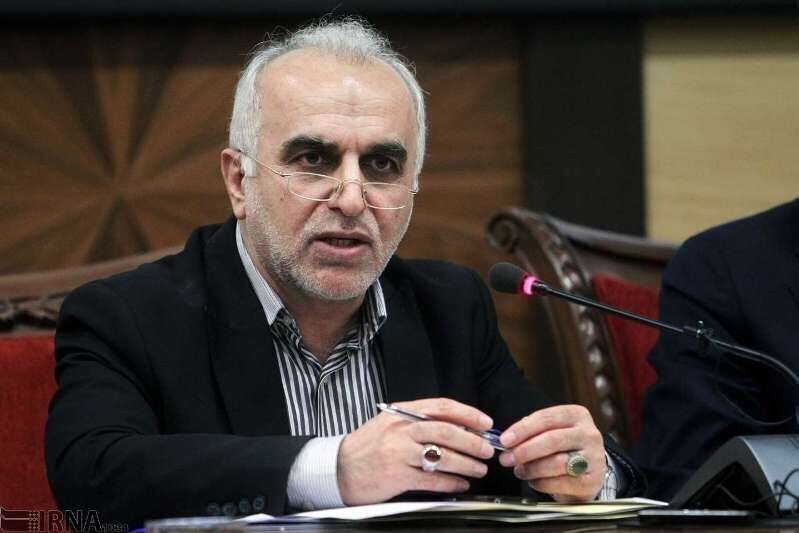Iran has taken significant steps to counter money laundering: fin. min.

TEHRAN - Iranian Finance and Economic Affairs Minister Farhad Dejpasand said on Monday that Iran has taken very effective and practical measures for countering money laundering and cooperation with Financial Action Task Force (FATF).
Dejpasand made the remarks in a meeting with ambassadors and representatives of some Asian and European countries in Tehran, IRNA reported.
Iran’s high council for the prevention of money laundering and terrorism financing convenes regularly under the chairmanship of the economy minister and many government agencies are members of this council, according to Dejpasand.
The official stated that the country’s anti-money laundering code has been passed by the government and is currently being implemented.
“The code is in complete compliance with international standards and it also fully covers the country's needs,” he stressed.
Back in October, spokesman for the Iranian government Ali Rabiei had announced that the government was planning to form specialized anti-money laundering working groups to intensify the country’s campaign against financing terrorism.
“The entire executive bodies, including Interior Ministry, Trade Ministry, Foreign Ministry, Justice Ministry, Police, Iran Custom Administration, Central Bank of Iran (CBI) and intelligence and security bodies are duty bounded to prepare required information and data for the specialized working groups,” Rabiei stated.
Later that month, Central Bank of Iran also obliged all the country’s banks and credit institutions to establish anti-money laundering units.
At the beginning of the current year, the Expediency Council gave approval to an anti-money laundering bill seen as crucial to maintaining international trade and banking ties.
The bill on amending the law to counter money laundering was approved with certain changes and sent to the Majlis speaker to be communicated to the government.
The Expediency Council settles disputes between parliament, which approved the bill last year, and the Guardian Council, which vets all legislation and had rejected it.
EF/MA
Leave a Comment